Electric vehicles have quickly become popular, transforming the car industry and creating cleaner transportation options. However, recent information about the Chinese EV Neta Aya has triggered strong worries from EV users and fans. A vehicle owner said the Neta Aya battery performance decreased by 90% within 18 months.
An early adopter of electric vehicles Ms. He from Huzhou, Zhejiang Province experienced severe problems with her Neta Aya. After 18 months of ownership since May 2023, Ms. He’s battery performance in her Neta Aya faltered by 90%. She bought the car for 76,000 yuan in China, equivalent to $10,400 USD.
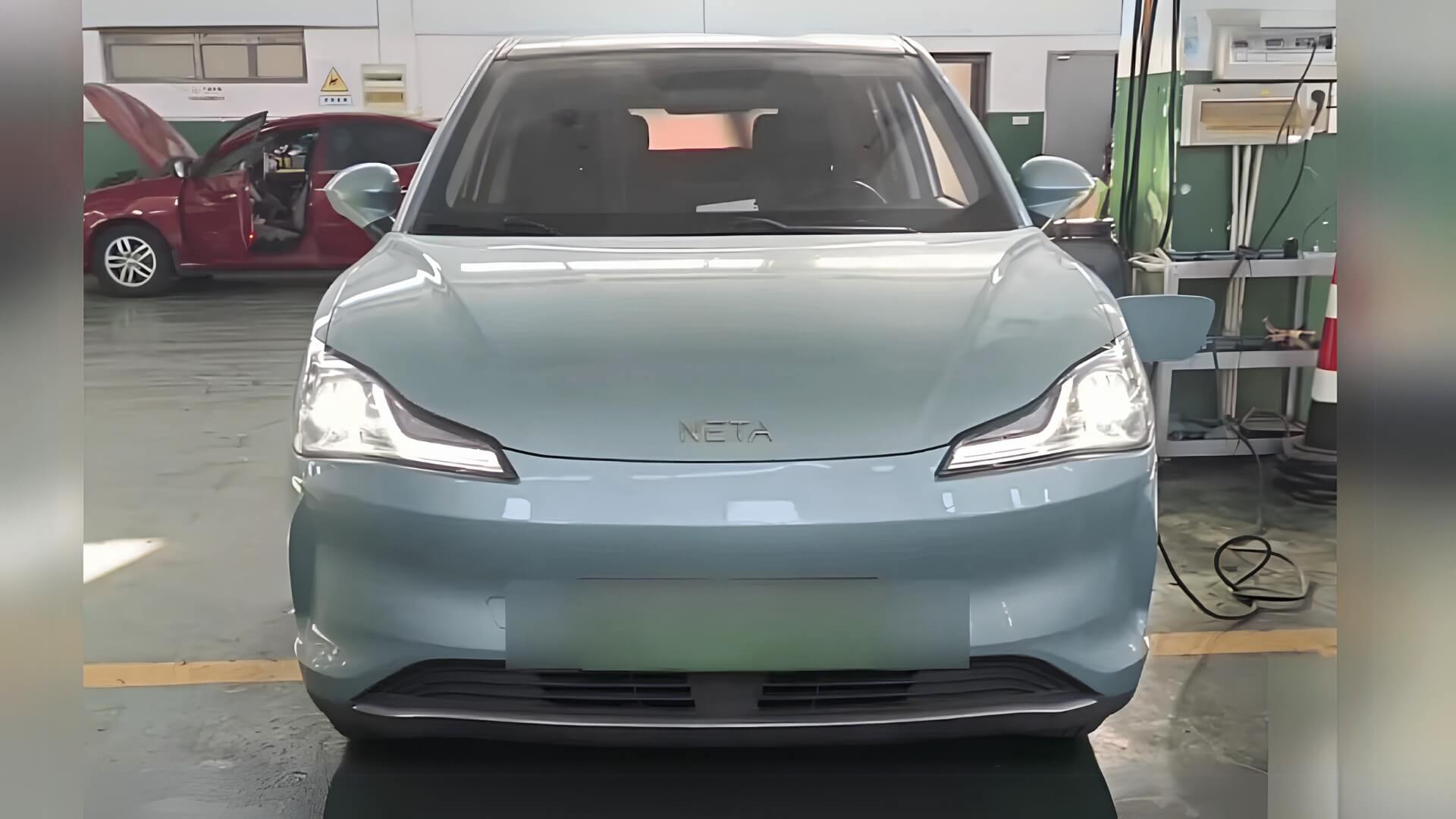
Chinese EV Loses 90% of Its Range in Just 18 Months
Initially, the car manufacturer told her the vehicle could run 401 kilometers which easily exceeded her necessary 42-kilometer drive. The vehicle’s effective driving distance shrunk first to 60 kilometers and then became unusable at 40 kilometers because of temperature changes.
After taking her vehicle to the Anji Neta 4S dealer she encountered additional problems. The test results confirmed battery replacement but the dealership couldn’t deliver a new pack due to parts constraints. The problem at Ms. He’s dealership worsened further. She bought the car from this dealership before they went out of business.
Desperate for answers, Ms. He sent a request to Neta’s national customer support department. The response? The company representatives showed respect for the problem but did not tell her when the problem would be fixed. They told her a new battery might arrive after Chinese New Year on January 29. During the problem period, the dealership allowed Ms. He to drive a temporary vehicle with unknown specifications.
The Promise of the Neta Aya
The Neta Aya, a budget-friendly EV introduced by Hozon Auto, was marketed as an affordable and efficient solution for city commuting. Urban drivers could rely on this car because it held a small battery pack that gave them 400 kilometers of travel time from each charging session.
Due to its stylish looks and affordable costs the Neta Aya became successful in China which leads EV sales worldwide. Recent news about severe range performance issues has hurt the public perception of both this vehicle model and its producer.
The main problem here is serious battery pack damage in the vehicle. Battery damage becomes common in EVs over time but this vehicle’s battery loss happened too quickly. Most new EV batteries keep 70 to 80 percent of their power storage ability after multiple years of operation.
Possible Causes of the Issue
Several factors could contribute to Neta Aya’s rapid range loss, including:
- Inferior Battery Quality: Lowered manufacturing costs likely made management choose cheaper battery cells that age more quickly than premium alternatives.
- Inadequate Battery Management System (BMS): The performance of a bad battery management system triggers early battery destruction because it cannot adjust charging and discharging practices.
- Overheating: Batteries avoid extreme temperature changes. The Neta Aya needs effective temperature control to maintain battery life because overheating damages the battery cells.
- Frequent Fast Charging: Using fast chargers often places excessive stress on the battery when the system needs better battery management.
Conclusion
Neta Aya customers now understand why durable battery quality is essential in electric vehicles. Before buying an EV potential customers should review technical data along with warranty terms and manufacturer trustworthiness after this failed EV example.
To restore customer faith manufacturers need to strengthen their product testing procedures and quality control. As battery technology grows companies need to choose batteries for lasting reliability ahead of low-cost materials.




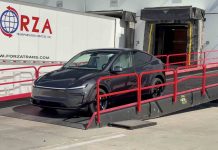
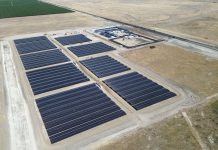








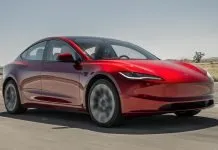
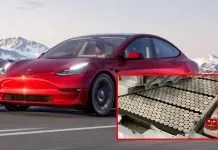
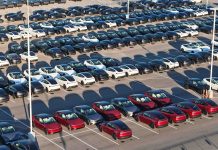
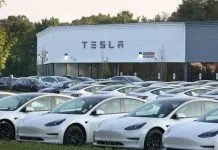
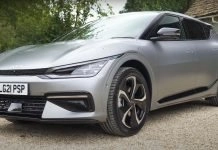
She bought the car for 76,000 yuan in China, equivalent to $10,400 USD. That very cheap We don’t have that price buy EV car here in Australia.
Looks the car New brand I never heard of NETA EV Car here,
And the good thing the company still responsibility.